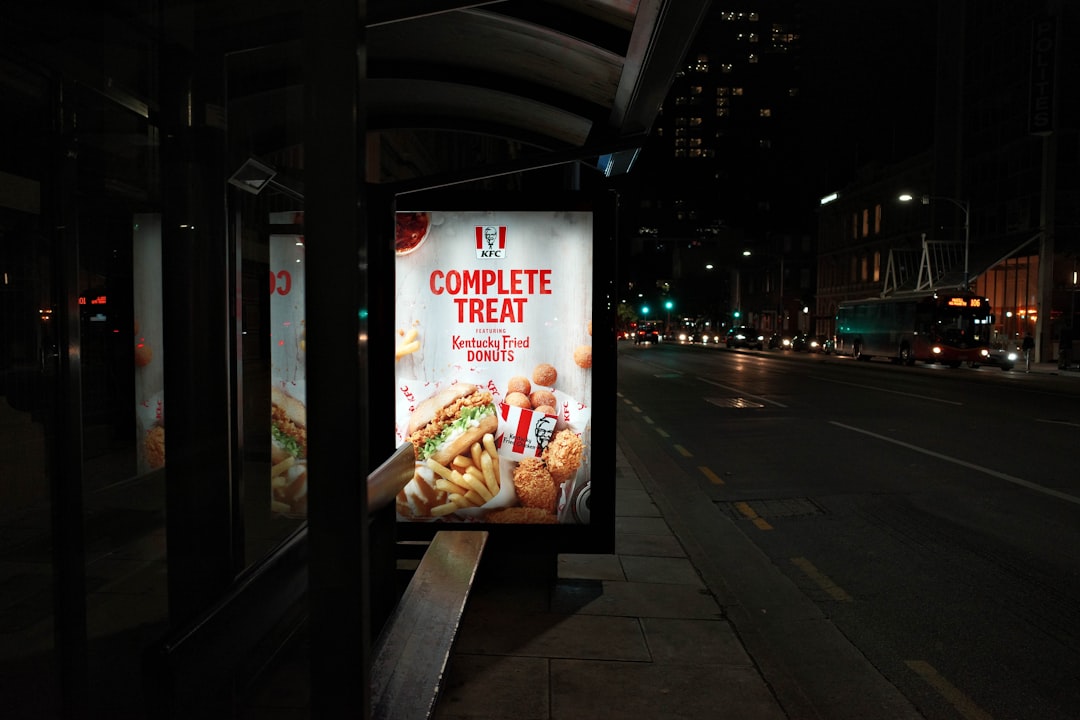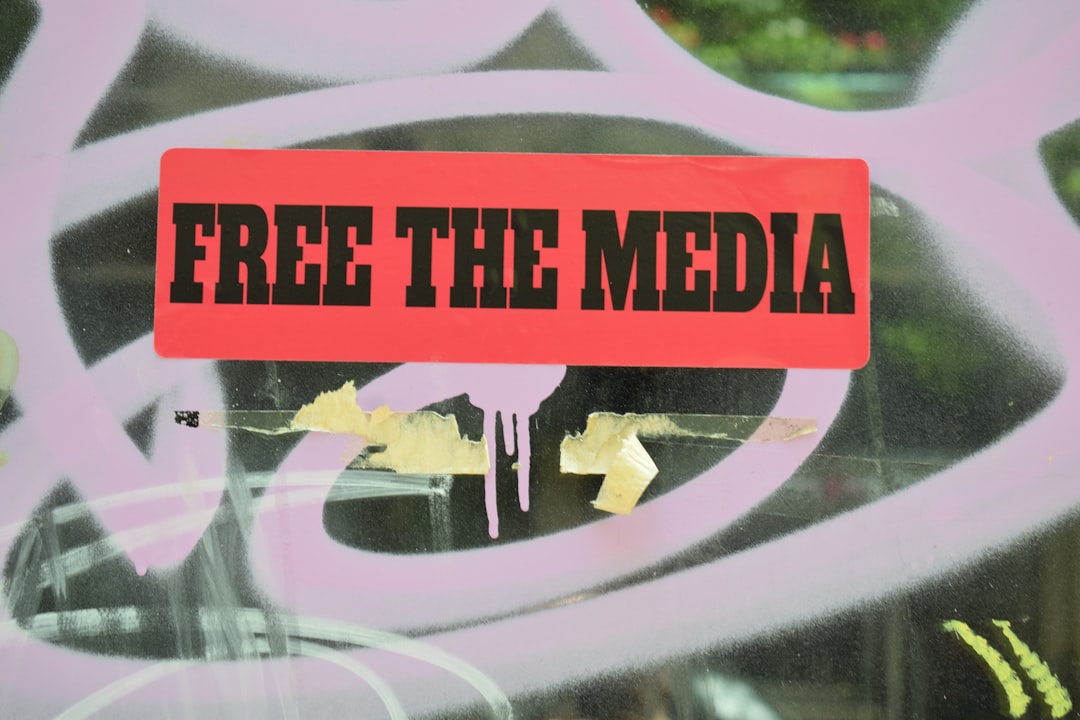The Rise of AI Influencers: Transforming Brand Marketing
In today’s fast-paced digital world, brands must evolve to capture tech-savvy consumers’ attention. Traditional influencers face scrutiny, while a new trend is emerging: AI influencers. This article explores what AI influencers are, how they are reshaping marketing strategies, and what businesses can do to stay at the forefront of this exciting development.
Why It Matters
- Innovative Engagement: AI influencers like Lil Miquela and Imma captivate younger audiences by merging technology with creativity.
- Data-Driven Marketing: Brands can utilize AI influencers to analyze consumer behavior and tailor campaigns more effectively.
- Cultural Relevance: These digital personas resonate with trends, ensuring marketing efforts remain relevant to evolving consumer preferences.
How Brands Can Leverage Learnings
Brands can use AI influencers to craft marketing campaigns that resonate with younger, tech-savvy audiences. Collaborating with digitally created personalities lets brands experiment with unique narratives that blend technology with fashion. However, businesses must be mindful of authenticity and consumer perception. An AI influencer’s authenticity can sometimes be questioned, affecting consumer trust.
Accordingly, brands should consider the potential backlash if audiences perceive these digital influencers as too robotic or disingenuous. Striking the right balance between technology and human connection is crucial for success. Whether small or large, brands must assess their target audience’s receptivity to AI influencers before fully committing.
What’s Next?
The future of AI influencers in marketing looks promising, with potential advancements in AI technology enhancing interaction and engagement. Brands that stay ahead of this trend will likely gain a competitive edge in the market. To remain relevant, marketing professionals should explore partnerships with AI influencers today. They should integrate them into their campaigns while continually monitoring audience feedback to refine their strategies.
In conclusion, AI influencers are transforming the landscape of influencer marketing. By embracing these innovative concepts, brands can connect with younger audiences and stay ahead in this dynamic digital era.
Discover Our Latest Insights


South Korea’s New Rule: Mandatory Labels for AI-Generated Advertisements

Rage Bait: The Unwanted Word of the Year That Reflects Our Digital Reality
Ready to reach new heights?
For every 1$ you spend on influencer marketing, your brand earns $5.20 in ROI.
Kickstart your influencer marketing-led social-first advertising strategy.
